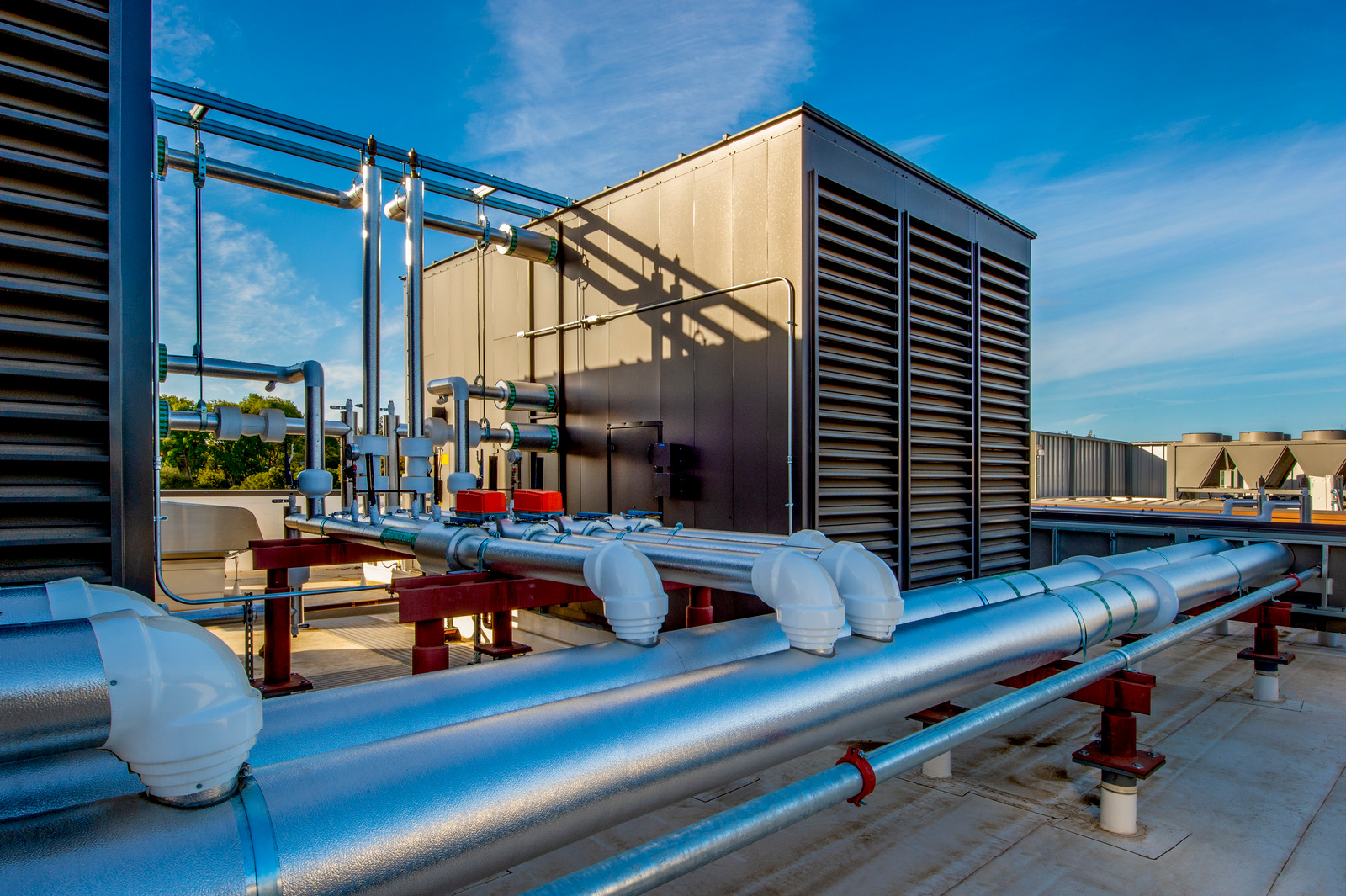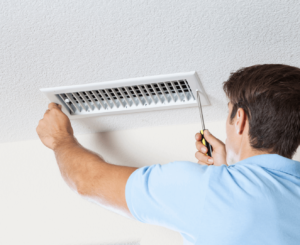Insulation in interior walls can be inexpensive and effective in improving your home’s comfort and energy efficiency. Insulation is primarily used for thermal purposes; however, part of the energy performance goal is to create quieter, healthier, and safer spaces, which is why insulation is also used for acoustic and fire purposes. Insulation of walls in buildings of all types is a necessity. Non-insulated houses are simply a massive waste of energy produced in any way.
Advantages of Insulation in Interior Walls
1. Sound dampening
Insulation in interior walls can be very beneficial for reducing the amount of sound transferring between rooms. Although not a complete sound barrier, insulation provides a medium through which sound is dampened. It can be beneficial in apartments, shared housing, houses on “party walls,” and in rooms with specialist features such as cinema rooms, recording studios, etc.
2. Insulation for interior walls reduces your bills dramatically
An astonishing amount of heat loss occurs through insufficiently insulated walls. Installing a thermal layer inside the home can significantly reduce your energy bills. In addition, it means you don’t need to use central heating as the heat stays in rather than escapes.
3. Do interior walls need insulation? Improved comfort
Whether it’s summer season or winter days, insulating the interior walls in your home can help maintain comfort for every family member. But, of course, everyone has different comfort thresholds; during summer months, you may prefer it a bit warmer or more relaxed in a room you’re occupying without affecting the entire house, especially if you have a zoned system.
4. Improved moisture control
Moisture trapped within your home’s walls can cause all sorts of problems. If this water condenses within the walls, it can cause rot, mildew, or even frozen patches of moisture that cause staining when they melt. Do interior walls need insulation? Insulating with a vapor-resistant membrane attached to your insulation reduces condensation.
5. Reduce heat transfer
Interior insulation will decrease the heat transfer that happens due to unused rooms. So, if you have new rooms, the question is whether you need to insulate the interior walls. In areas with extreme temperature fluctuations, simply closing off rooms that are not used will not help.
6. Insulation prevents fire from spreading quickly
When you live in a duplex or a townhouse, interior walls, called party walls, separate your living space from the people next door. In addition to reducing the sound infiltrating your home, interior wall insulation prevents fire from spreading from the other side of the party wall to yours. Of course, there are fire codes in place that, when observed, help to safeguard your property, but extra measures also matter.
Final words
Warm during winter and cool during summer — insulation in interior walls contributes to your household’s comfort because it helps regulate both hot and cold airflow. Deciding to insulate internal walls, entrust the project implementation to experts familiar with the physics of the building. Air Super Clean is a cost-effective solution if you want to insulate your interior walls.








